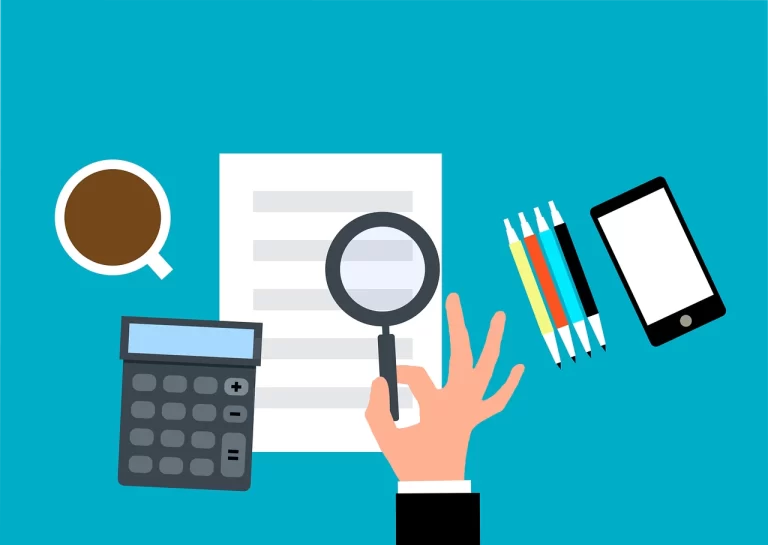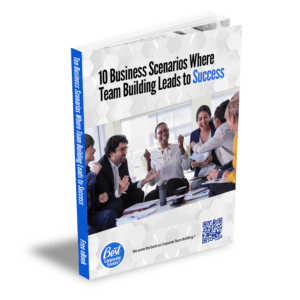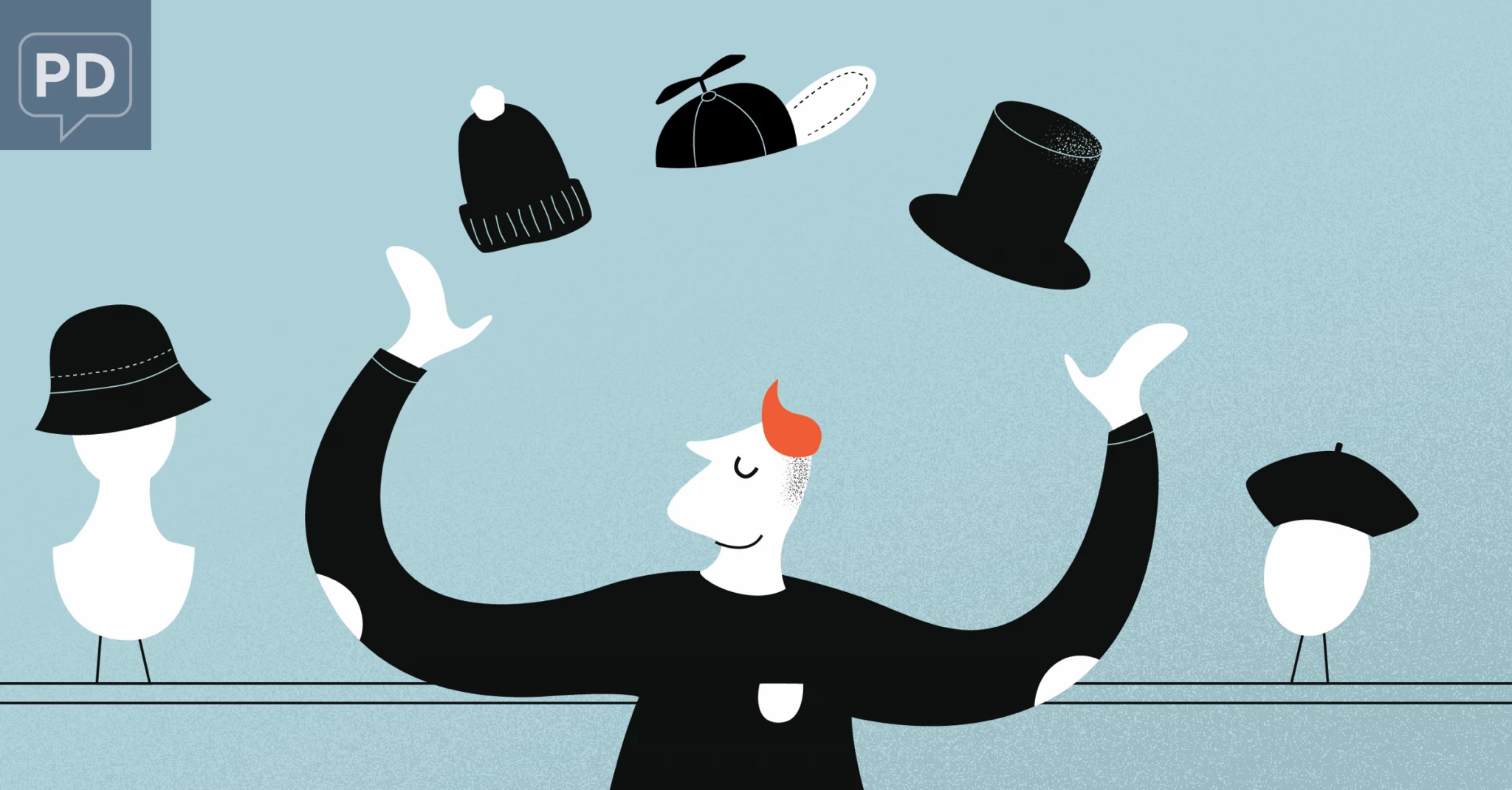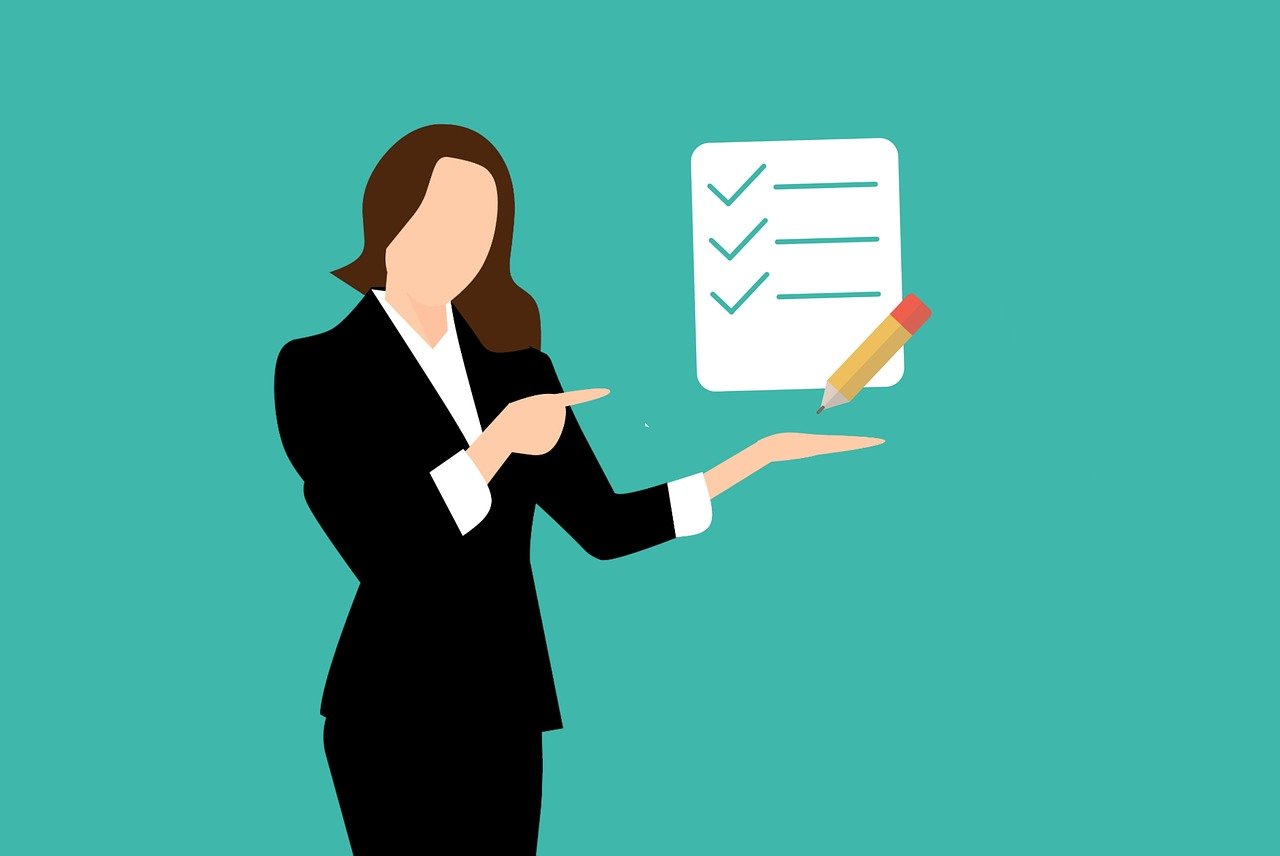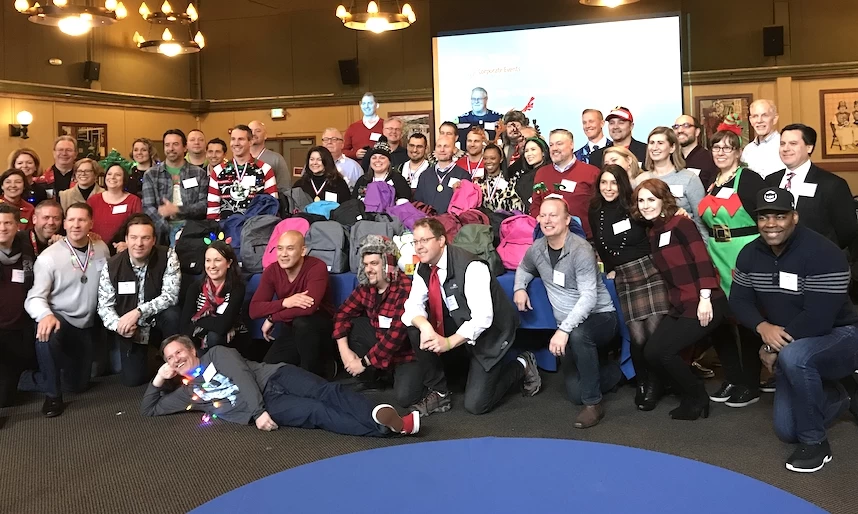Team building provides many benefits in improving organizational cohesion and productivity. But what if you have very specific goals or objectives in mind, and none of the activities offered are a perfect fit? That’s where team building needs assessment and program customization come in, designing and delivering an event that meets your specific requirements.
Virtually all team building programs provide the four core pillars of team building:
- Improved communication
- Interpersonal relations
- Engagement
- Fun
Team building programs help with time and meeting management skills by incorporating a combination of competition and collaboration.
As noted here previously, team building positively impacts employee engagement and loyalty, jumpstarts employee morale, helps make new employees productive more quickly, and creates more effective teams.
But what if you are looking for custom team building activities to help you deal constructively with a major organizational change, such as a merger or the implementation of new technology? Team building needs assessment and program customization are the answer to creating an activity that will accomplish your specific goals.
What is a Needs Assessment?
What is a needs assessment in the context of team building? At Best Corporate Events, our needs assessment is done on three levels. When a client first contacts us, one of our sales representatives will conduct the first-level assessment. Beyond the basic parameters of the event (number of attendees, location, time allotted, etc.), they will also ask about the client’s goals and objectives for the activity, and make recommendations if needed.
In addition, the sales professional will ask about customization and often make suggestions. For example, a client may be interested in arranging a Virtual Jeoparody or Virtual Trivia Blast game while their company is in the midst of training employees for a new product introduction. In addition to the fun, general knowledge questions in the game, many clients are surprised and pleased to know we can help them craft 10 to 20 of their own company-specific questions.
Once an activity is locked in, a program manager will be assigned and will conduct a second-level assessment, asking deeper questions than the sales team. Finally, the facilitator who will actually be part of the event will ask a third, deepest level of questions around challenges the client may be dealing with and how the team building activity can address their specific issues and objectives.
One key question will be about how teams will be selected. Does the client want to specify which individuals will be on each team, or use an activity to randomize and “mix it up” so that employees are teamed with people they don’t normally work with closely?
Do they want an activity focused on fun competition, with first, second, and third place winners? Or is it a program for a large, highly competitive sales team, where the client wants an activity that will get those employees to think about when it’s best to collaborate, how to do so successfully, and how to learn from each other?
Another very important question is: What types of team building or training activities has the group done before? That leads into an additional series of questions such as: Have they had any experiences that didn’t work out well? If so, why? Were there any training activities or team building events that the client loved? If so, what was it about them that made the experience fantastic?
The answers enable us to either create a unique new workshop for the client, or to replicate a successful past experience for a new group of employees.
When Team Building Program Customization Makes Sense (And When it Doesn’t)
In some cases, a client knows pretty much exactly what they want. Perhaps they did a trivia game with their marketing department a few months ago, and loved it. Now they want to do the same type of program for their finance team.
Or they may have done a charitable Bike Build Donation® program last year that had a profound emotional impact on the participants. They may want to repeat the same program, but the company has a relationship with a military support organization, so they want to do a Build-a-Wheelchair® program instead this year.
In those types of situations, the assessment is completed quickly and there is little or no team building program customization involved. The client is familiar with team building programs and knows exactly what they want.
But more often, the assessment will reveal—or the client will know they have—a need for some level of customization.
Perhaps the company needs to bring together a group of new employees, either because of turnover or growth. Or the business is grappling with a major change, such as the implementation of new technology, developments in their industry, or a merger/acquisition situation. Perhaps employees have been through a challenging period, and the company simply wants to provide them with an opportunity to have fun and recharge.
In any situation where an enterprise is dealing with change or internal challenges, an in-depth assessment is extremely valuable.
One approach is to “start at the end.” What are the outcomes the client is looking for? If they imagine the activity is over, and it was very successful and the employees are walking away not only smiling but also more engaged, what were the factors that made it a success?
Helping clients to articulate their goals for the team building exercise—whether it’s improving collaboration and morale, bonding as a new team, dealing with team conflict or stress, problem solving, getting aligned with a new strategy or direction, or managing change—enables us to develop a workshop, activity, or training program that will be fun, productive, and successful.
The Three Levels of Team Building Program Customization
Although the degree of program customization is really a continuum from zero to “extensive,” it can be thought of on three basic levels.
Level 1: No Customization
The first level is essentially no customization. There may be some discussion during the assessment about issues such as how to organize the groups, but the program itself isn’t changed.
Common examples would be where a client wants a program they’ve done before delivered to a new group, or where the objectives are simply fun competition with collaboration
Level 2: Minor Customization
The second level is minor customization. The most common examples here are adding some client company-specific questions or information to a trivia game or activity. At these events and programs like A Minute 2 Win It or Team Olympics, every team has a score at the end. You know who came in first, second, and third. Though the activity may be enhanced with some company-specific content, its structure remains the same.
Level 3: Extensive Customization
The third level involves the most extensive customization. In professional development programs such as Competition to Collaboration®, the DiSC Profile Workshop, or Igniting Team Performance, success isn’t based on a winning score. It’s what the participants walk away with—the knowledge they have gained and the ideas they can apply in the workplace to improve collaboration and productivity—that really matters.
How Do Needs Assessments and Customization Make Team Building More Effective?
All of our team building programs deliver a core set of benefits: they improve communication and collaboration, help build relationships, teach time management skills, and they are fun and engaging.
Through needs assessment and program customization, these team building and professional development programs can also be modified to meet specific objectives for clients, from something as simple as how to run more engaging Zoom meetings to managing change, engaging new employees, or combining teams.
Our facilitators use their expertise not only to customize team building activities based on client needs, but also to continually design new team building and professional development programs to address the challenges our clients face.
The best-performing companies conduct team building exercises on a regular basis; these new team building activities enable them to provide employees with fresh new experiences to continually build upon their success.

